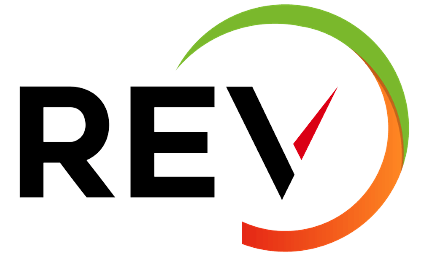Accredited Vs. Non-Accredited Investor Investments
In the United States, an accredited investor is defined by the Securities and Exchange Commission (SEC) as an individual or entity that meets certain criteria. Accredited investors are allowed to invest in certain private securities offerings that are not required to be registered with the SEC, such as hedge funds, venture capital funds, and private equity funds.
For individuals, the criteria include:
- Having a net worth of over $1 million, excluding the value of their primary residence, or
- Having an individual income of over $200,000 in each of the two most recent years and a reasonable expectation of the same income level in the current year.
For entities, the criteria include:
- Being a bank, insurance company, registered investment company, business development company, or small business investment company, or
- Having total assets in excess of $5 million.
Accredited investors have a range of investment options available to them, including:
- Private equity and venture capital: Investing in early-stage or private companies.
- Real estate: Purchasing rental properties, participating in real estate investment trusts (REITs), or investing in real estate crowdfunding platforms.
- Hedge funds: Pooled investment funds that use a variety of strategies to generate returns.
- Angel investing: Providing capital to startups in exchange for ownership stakes.
- Art and collectibles: Investing in valuable items such as fine art, rare books, or vintage cars.
- Cryptocurrencies: Digital currencies such as Bitcoin and Ethereum.
- Commodities: Investing in physical goods such as gold, silver, or oil.
- Stocks and bonds: Traditional investments in publicly traded companies or government or corporate debt.
It's important to note that investing in these assets carries risk and it's crucial to conduct thorough research and seek professional advice before making any investment decisions.
Non-Accredited Investor Investment Options:
Non-accredited investors have limited investment options compared to accredited investors.
Here are a few options available:
- Stocks and bonds through a brokerage account: Non-accredited investors can purchase publicly traded stocks and bonds through a brokerage account, such as Robinhood or E-Trade.
- Real estate crowdfunding: Real estate crowdfunding platforms, such as Fundrise or RealtyMogul, allow non-accredited investors to invest in real estate projects with as little as $500.
- Mutual funds and Exchange-Traded Funds (ETFs): Non-accredited investors can also invest in mutual funds and ETFs, which are diversified portfolios of stocks, bonds, and other assets managed by professional fund managers.
- Savings accounts and CDs: Savings accounts and certificates of deposit (CDs) offered by banks and credit unions are low-risk, low-return investment options for non-accredited investors.
- US Treasury securities: Non-accredited investors can also invest in US Treasury securities, such as Treasury bonds and Treasury bills, through the TreasuryDirect website.
You might also like
REV Investor Education Today

Sign up for our Newsletter
Stay in touch with our team on multifamily education, investment opportunities and local events!


